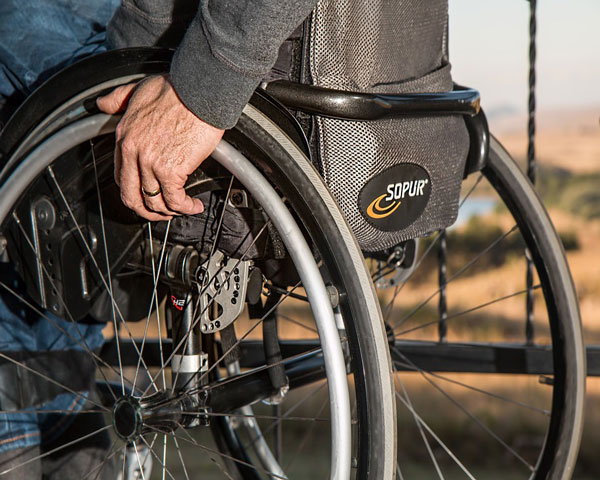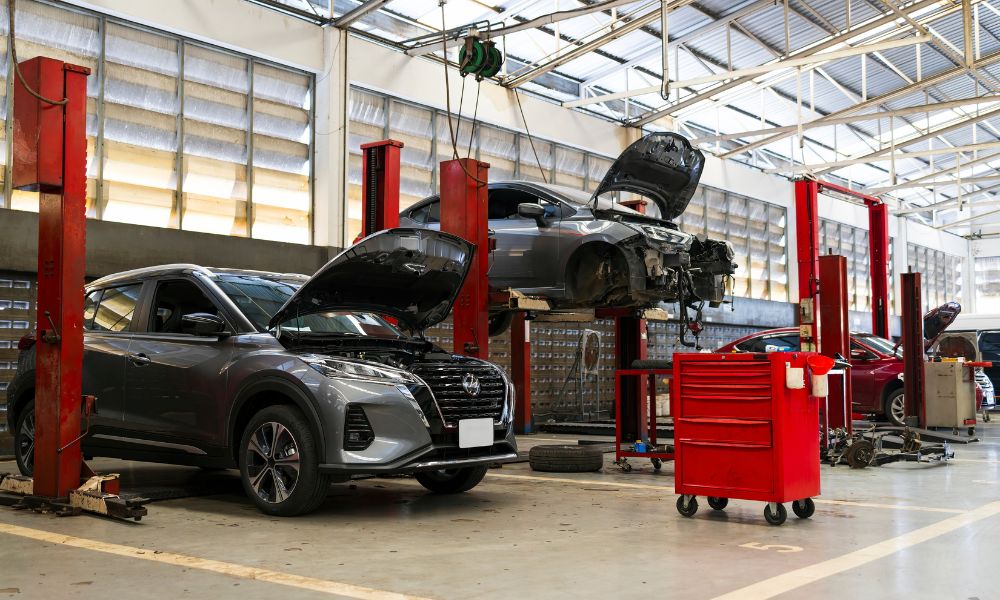Problems Faced By Wheelchair Users
Lack of accessibility is one of the main problems faced by people with disabilities when commuting daily, whether for work, study, or leisure. These are physical and social barriers that harm the autonomy of those who use a wheelchair as a means of transportation.
Prejudices
Unfortunately, prejudice is still a problem in the 21st century for wheelchair users. Being followed by glances can even be acceptable when not accompanied by nasty comments or inconvenient questions. Prejudice can come in more hidden ways; for example, only 1% of the physically disabled are in the labor market, and one of the main reasons for this is prejudice.
It is challenging to deal with a problem such as prejudice, which not only wheelchair users and PCD’s, but society must do is awareness and wheelchair users in the labor market and community.
Difficulty In The Labor Market
In addition to the difficulty of breaking down prejudices and getting a job, wheelchair users need to deal with the lack of accessibility in many companies, which, in addition to making the PCD routine even more complicated, can discourage them from continuing in the labor market.
However, technology has helped to improve this picture. Wheelchair users are increasingly filling several vacancies and branches. Undoubtedly, overcoming this barrier is a challenge that must be faced by society as a whole. Even with the difficulties, there are many alternatives to expand the job market for people with disabilities.
Naughty People
There is always that person who is holding the chair or putting things on the lap of the wheelchair user in a disrespectful or inopportune way. Every person in a wheelchair has already had to deal with someone inconvenient who doesn’t recognize limits and makes them feel embarrassed.
For example, when a wheelchair user comes across a ladder and proposes carrying him, he doesn’t feel comfortable. Even if the person insists, he doesn’t have to accept if he’s not confident. Being moved by someone inexperienced can be dangerous and traumatic; the PCD can be very scared or worse; it can end up being knocked over or having the chair damaged. Anyway, it’s not worth the risk.
Another example is when a person who has just met the wheelchair user asks personal and inconvenient questions, such as: “How did you end up in a chair?” and “How do you go to the bathroom?”.
It is interesting to answer questions like these to help with the lack of information, but if this happens to you, remember that you are not responsible for explaining anything to that person. If you feel uncomfortable, you shouldn’t force yourself to respond or continue that conversation.
Unfortunately, many people won’t know they’re inconvenient until they’re told. So, don’t hesitate to say, this can free you from uncomfortable situations and prevent this from happening to other people.
Some of this can be solved using transfer seat bases




